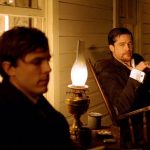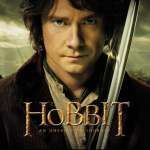Dead Poets Society (1989)
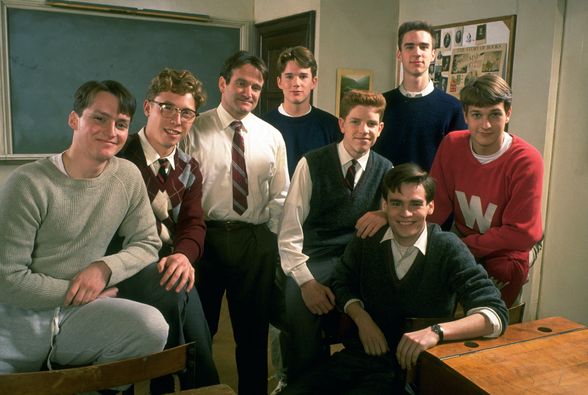
Dead Poets Society, directed by Peter Weir and released in 1989, is a poignant coming-of-age film that explores themes of individuality, creativity, and the pressures of conformity. Set in the conservative environment of a prestigious all-boys preparatory school in Vermont, the film stars Robin Williams as John Keating, an unconventional English teacher who inspires his students to embrace their passions and think for themselves.
The story revolves around a group of students at Welton Academy, where tradition and discipline reign supreme. The boys, including characters like Neil Perry (Robert Sean Leonard), Todd Anderson (Ethan Hawke), and Knox Overstreet (Josh Charles), are initially constrained by the expectations of their families and the school’s rigid curriculum. However, everything changes when Keating arrives, bringing with him a fresh perspective on poetry and life.
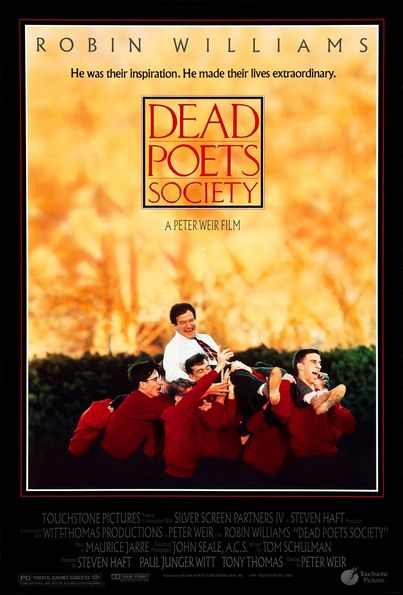
Keating’s teaching methods are unorthodox; he encourages his students to seize the day—“carpe diem”—and to pursue their dreams, regardless of societal pressures. Through inspiring lessons that involve reading poetry aloud, standing on desks, and engaging in open discussions, he ignites a passion for literature and self-expression in his students. This newfound enthusiasm leads the boys to form the “Dead Poets Society,” a secret club where they can gather to read poetry and share their thoughts and feelings.
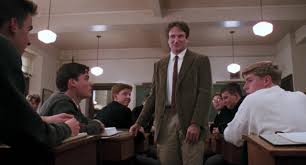
Central to the narrative are the personal struggles each student faces as they grapple with their identities and aspirations. Neil Perry, in particular, embodies the conflict between parental expectations and personal desire. His ambition to become an actor clashes with his father’s strict wishes for him to pursue a career in medicine. This tension creates a powerful emotional arc, showcasing the consequences of repression and the pursuit of authenticity.

The film skillfully balances moments of joy and inspiration with the harsh realities of life. As the boys embrace their newfound freedom, they also confront the challenges that come with it. Their journey is marked by both triumphs and tragedies, culminating in a heart-wrenching climax that underscores the stakes of their choices.
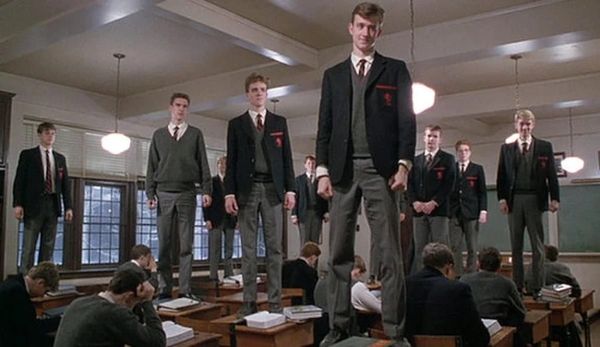
Robin Williams delivers a remarkable performance as Keating, bringing charisma and depth to the character. His portrayal of an educator who genuinely cares for his students resonates deeply, making him a memorable and impactful figure in cinematic history. The chemistry between Williams and the young actors adds authenticity to the story, allowing viewers to connect with the characters’ struggles and triumphs.
The cinematography of Dead Poets Society beautifully captures the serene yet oppressive atmosphere of the school, with sweeping shots of the picturesque campus contrasting with the emotional turmoil experienced by the students. The film’s score, composed by Maurice Jarre, enhances the emotional beats, elevating the moments of inspiration and reflection.
Upon its release, Dead Poets Society received critical acclaim for its thought-provoking themes and powerful performances. It resonated with audiences, becoming a cultural touchstone that continues to inspire discussions about education, individuality, and the importance of pursuing one’s passions.
In conclusion, Dead Poets Society is a timeless film that encourages viewers to reflect on the values of creativity, self-expression, and the courage to challenge societal norms. Through its compelling narrative, memorable performances, and evocative themes, the film serves as a poignant reminder of the impact a single teacher can have on the lives of his students. As the characters learn to embrace their individuality and pursue their dreams, audiences are left with a lasting message about the beauty of poetry, the importance of seizing the moment, and the power of human connection.





